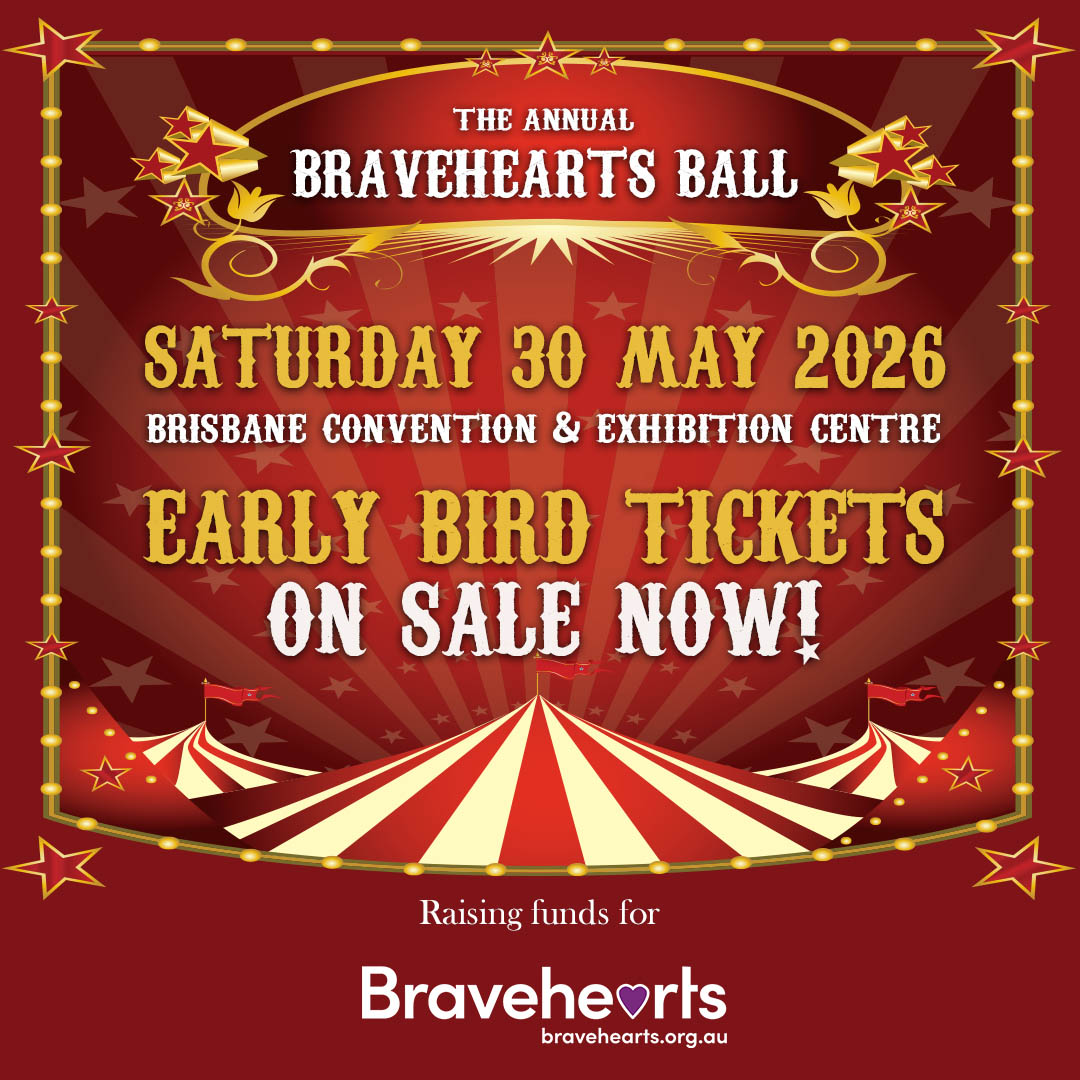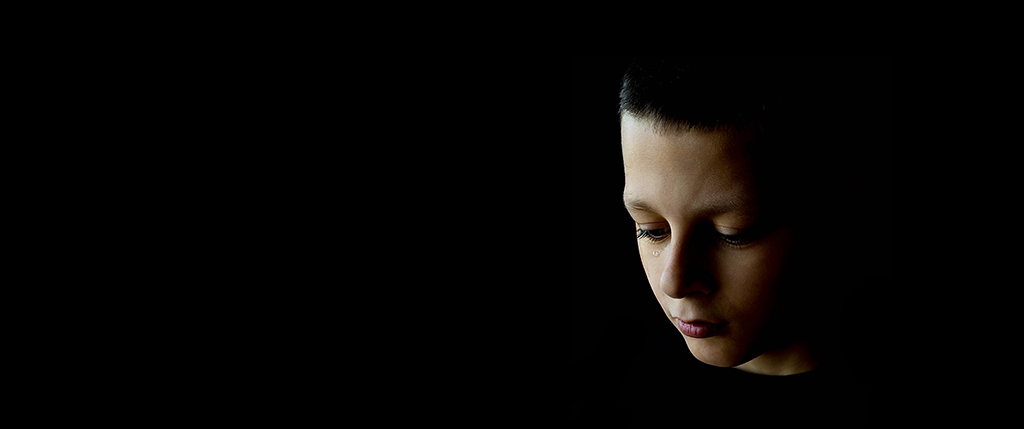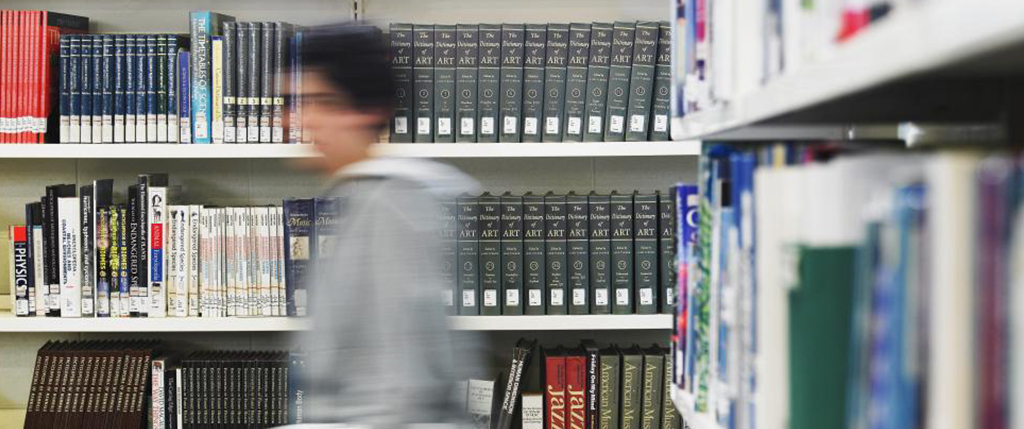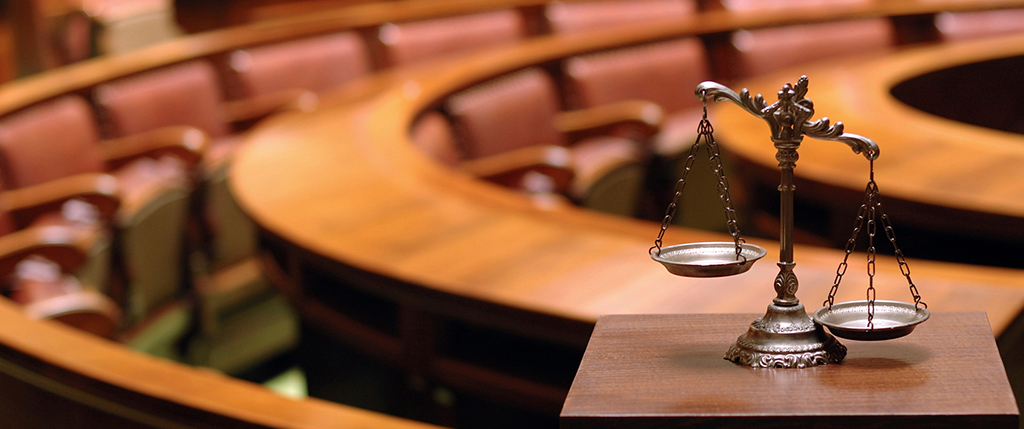Media Centre
Helpful Links
- Home > Media Centre > Position Statements
Position Statements
Bravehearts’ Position Statements concern specific issues relating to the prevention, intervention or response to child sexual abuse.
These statements represent the Mission, Vision and Values of the organisation and reflect current research and literature relating to the relevant issue. Below is a list of our current position summaries, with the full Briefing Papers linked within.
For media enquiries and comment concerning our position statements, please use our Media Enquiries Contact Form.
Position Statements & Briefing Papers
Bravehearts believes female child sexual offenders represent a varied and under-researched population whose offending is often under-recognised due to societal and institutional gendered assumptions.
Bravehearts advocates for:
- Enhanced research and data collection.
- Improved detection and reporting.
- Implementation of gender-aware justice practices.
- Development and evaluation of gender-responsive treatment.
- Adapted risk assessment and management.
- Promotion of professional and cultural awareness.
- Supporting early intervention and prevention.
- Supporting Victim and Survivors.
Read the full briefing paper: Female-Perpetrated Child Sexual Abuse
Read More
Bravehearts believes that teaching children the correct names of their private body parts is a critical element of personal safety education.
Bravehearts advocates for:
- Accurate anatomical terms to be used consistently: Children should be taught correct names for all private body parts (e.g., vulva, vagina, penis, testicles, buttocks, breasts).
- Encouraging open, judgment-free dialogue: Foster an environment where questions about bodies are welcomed and answered honestly.
- Teaching body autonomy and boundaries: Combine anatomical knowledge with lessons on personal space, consent, and body autonomy.
- Normalising safety and reporting: Make discussions about feelings, safety, and boundaries routine so that children see these conversations as normal.
Read the full briefing paper: Identifying Body Parts and Personal Safety Education
Read MoreBravehearts believes that protecting children from sexual abuse requires proactive education and supportive environments.
Bravehearts advocates for:
- Age-appropriate consent education: Introducing concepts of personal boundaries and bodily autonomy.
- Normalising open communication: Where children feel comfortable discussing feelings, boundaries, and concerns.
- Training and supporting adults: Providing professional development for adults on discussing and safety in age-appropriate ways.
- Integrating policies and curricula: Including consent, personal safety, and healthy relationships.
- Strengthening protective factors: Teaching children assertiveness and self-advocacy skills.
- Dispelling misconceptions about consent: Educating children and adults.
Read the full briefing paper: Consent and Protecting Against Sexual Abuse
Read MoreBravehearts recognises the pros and cons of mandatory minimum sentencing, advocating for a balanced policy.
Bravehearts advocates for:
- Mandatory minimum sentences aim to protect the public, ensure proportional punishment, and signal societal condemnation of serious sexual offenses.
- Research shows incarceration provides short-term incapacitation but longer mandatory sentences do not reliably reduce sexual reoffending after release.
- Mandatory minimum sentences can produce disproportionate outcomes, reduce judicial discretion, increase prison populations, and create collateral social and fiscal costs.
- Evidence supports a risk-based, individualised approach.
- A balanced policy maximises public safety while promoting proportional justice and rehabilitation, rather than applying a one-size-fits-all mandatory minimum framework.
Read the full briefing paper: Mandatory Minimum Sentencing
Read MoreBravehearts recommends a proactive approach to the implementation of the Online Safety Amendment (Social Media Minimum Age) Act 2024.
Bravehearts encourages:
Ongoing scrutiny and research to ensure these changes support child safety without unintended consequences.
Review of whether entering social media at 16 fosters healthier usage patterns, critical thinking, and digital citizenship.
Platforms to embrace Safety by Design principles, using these changes not merely to restrict access, but to reimagine systems that actively protect and empower children online.
Efforts to hold companies responsible for users’ safety, placing a duty of care onto digital platforms for the wellbeing of their users.
Focus on digital literacy and good digital citizenship education to help develop skills that are needed to ensure positive and safe online practices.
Read the full briefing paper:Social Media Age Restriction and Young People
Read MoreBravehearts asserts that to combat risks associated with AI technology, education, legislative action, and cooperative efforts are essential.
In relation to the growing AI concerns, Bravehearts advocates:
- Greater awareness and education.
- For Commonwealth, and state and territory laws to include clear definitions of AI-generated CSAM and to ensure legislation is continually reviewed.
- For Commonwealth, and state and territory laws to ensure that production of intimate images, including digitally created images, and sharing or threatening to share intimate images are included as crimes.
- That Commonwealth, and state and territory governments recognise ‘nudify apps’ as designed to sexually harass, abuse and extort victims, and to ensure these apps are banned.
- Technology companies must be held responsible for ensuring safety.
- To develop a robust research agenda to ensure an informed response to risks of developing AI.
- Clear reporting options and available support for those impacted by online abuse.
Download the full Briefing Paper: AI and Child Sexual Exploitation
Read MoreBravehearts advocates for robust approaches to ensuring child safe organisations and safeguarding for all industries that work with or employ children and young people.
- While some jurisdictions have embedded child safe organisation requirements in legislation, there are some that still need to enact supporting legislation or amendments to current legislation.
- Funding needs to be provided for resources and support for staff training on the relevant child safe standards in their jurisdiction.
- Contextual prevention is an approach to safeguarding that focuses on understanding and addressing the environmental and situational factors that contribute to harm, rather than solely focusing on individuals who might cause harm.
Download the full Briefing Paper: Child Safe Organisations and Safeguarding
Read MoreBravehearts believes that a public register, based on the Megan’s Law approach, will not achieve the intended aims of preventing sexual offences and enhancing safety.
Our recommendations include:
- The duplication nationally of the Western Australian Community Protection legalisation, which provides for the restricted public disclosure of limited information.
- Strengthening of existing inter-jurisdictional and ‘multi-agency’ relationships for the monitoring of sex offenders post-release.
- Increased public awareness of safety and protective skills.
- Improved access to rehabilitation programs, both within and outside of custodial settings.
- A focus on providing support to address factors associated with risk of reoffending.
- Identifying and providing prevention and early intervention programs with sex offenders.
Download the full Briefing Paper: Community Notification Laws
Read MoreBravehearts advocates that the consideration of good character should be abolished in all cases of child sexual offences.
Child sexual offenders often present as trusted and good members of the community; while for other offender-types, evidence of good character and conduct may be a redeeming feature, this very aspect of a sex offender’s public image is about gaining the trust of children, parents and carers and the community generally. It allows sex offenders to perpetrate their crimes.
Download the full Briefing Paper: Good Character References
Read MoreBravehearts believes that there must be a holistic approach to lessening the impact of pornography on children and young people.
- Bravehearts supports developmentally appropriate sex education for schools.
- Bravehearts recommends that as part of a holistic approach to cyber-safety, prevention messages and online support.
- Age verification measures to inhibit child access to pornography.
- Australian authorities should enforce Australian laws against the distribution of child sexual abuse material by adult pornography sites.
- More research into the prevalence of Australian children making and selling sexual content.
- There is a need for coordinated action between law enforcement, the financial sector, the technology sector and regulatory bodies.
Download the full Briefing Paper: The Impact of Pornography on Children and Young People
Read MoreBravehearts believes that understanding grooming is critical to the prevention of child sexual abuse and exploitation, effective intervention and support, and in legal and justice processes.
There are key areas that need further focus:
- Research on sexual abuse grooming has grown significantly over the past few decades; however, several important gaps and limitations remain.
- Increasing awareness and education on grooming is essential because grooming is often subtle, manipulative, and misunderstood, making it difficult to recognise and prevent.
- There are legislative and legal process challenges in addressing grooming offences.
- There is a growing opportunity to consider the integration of AI tools to detect grooming behaviours online.
Download the full Briefing Paper: Understanding Grooming
Read MoreBravehearts advocates for national consistency across approaches for screening for suitability to work with children and vulnerable persons, to promote best practice in ensuring suitability for working with vulnerable persons and monitoring compliance with legislation across Australia.
- While Bravehearts advocates for a centralised national Working with Children Check (WWCC) system, we understand the complexity of this given jurisdictional legislative differences, and we support, at the bare minimum, a centralised database of WWCC decisions accessible to all States and Territories.
- All child and youth-focused organisations (including those that employ young people) have a responsibility to ensure a child safe environment (see Bravehearts Briefing Paper Child Safeguarding).
- Bravehearts strongly recommends the adoption of mandatory child abuse prevention training for all WWCC applicants.
Download the full Briefing Paper: Working With Children Checks
Read MoreBravehearts believes in safeguarding children from potential risks and enhancing safety while engaging online.
Education and awareness: Children, young people and parents and caregivers should be equipped with the information and skills they need to lessen vulnerability against online harms.
Safety by design: The concept of Safety by Design emphasises the importance of user safety and rights as fundamental in the design and development process of online products and services.
Digital duty of care: Companies should be held responsible for users’ safety, placing a duty of care on to digital platforms.
Disruption through AI: AI-driven algorithms have the ability to identify and analyse potentially harmful online content, such as CSAM, grooming activities, and cyberbullying.
Children’s Digital Privacy Code: Bravehearts supports the development of a Code.
Download the full Briefing Paper: Working With Children Checks
Read More BACK
BACK




